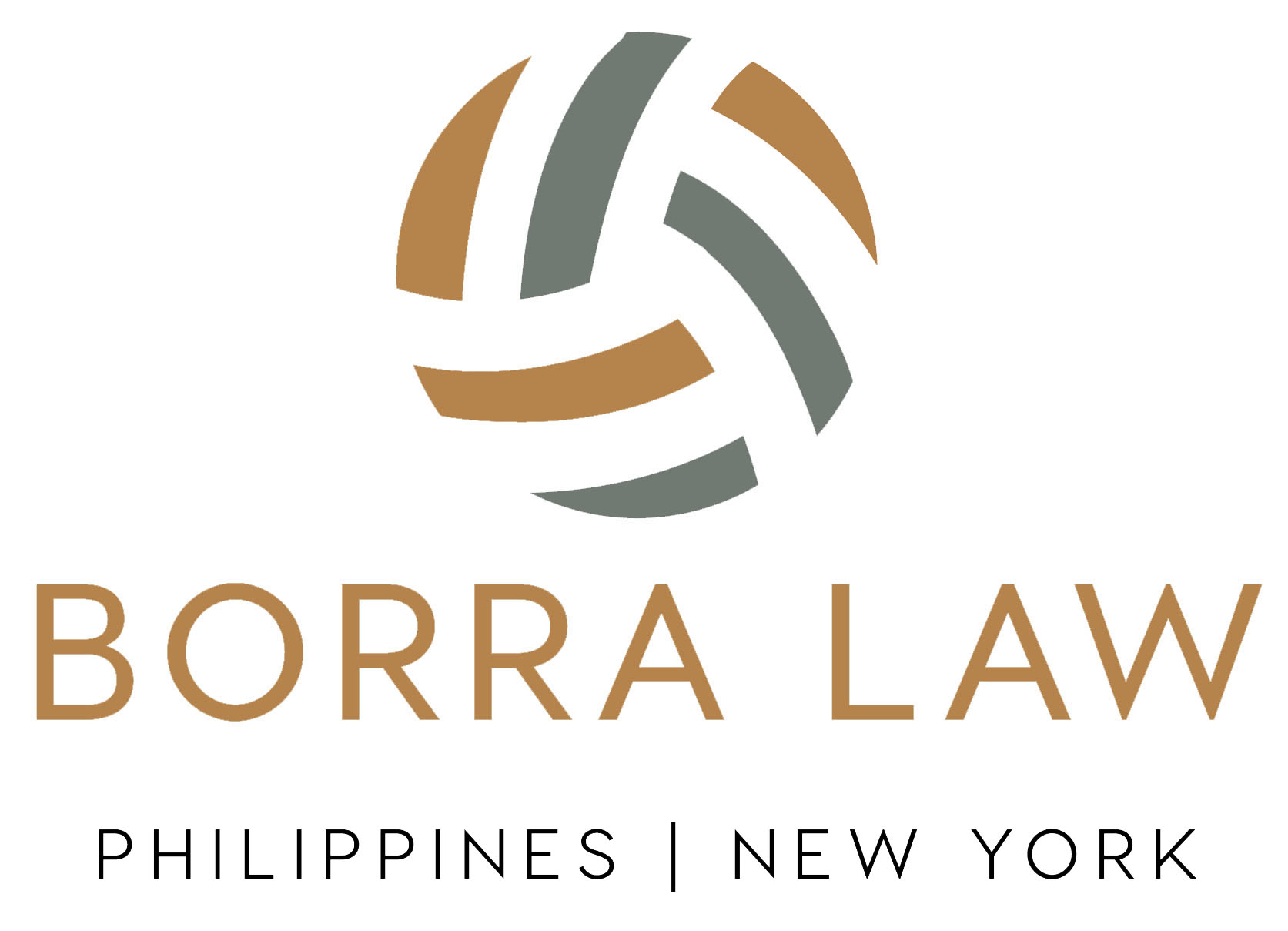Forming a Company in the Philippines for Foreign Investors
Incorporating a company in the Philippines offers numerous advantages for foreign investors, including a strategic location, a skilled workforce, and a business-friendly environment. However, understanding the different types of incorporators is crucial when setting up a corporation in the country. This article will discuss two common types of incorporators: the One Person Corporation (OPC) and the Two-to-Four Person Corporation. There is also the typical corporation with 5 incorporators and more.
One Person Corporation (OPC)
An OPC is a type of corporation where a single individual can form and own the entire company. This structure is governed by the Revised Corporation Code of the Philippines, which was enacted in 2019. OPCs offer several advantages, including:
- Limited Liability: The owner’s personal assets are separate from the company’s assets and liabilities.
- Perpetual Existence: The corporation exists independently of its owners, allowing for continuity in operations.
- Separate Legal Entity: The OPC can enter into contracts, own assets, and sue or be sued in its own name.
- Tax Benefits: OPCs may be eligible for certain tax incentives and deductions.
To form an OPC in the Philippines, a Filipino or resident foreigner must meet the following requirements:
- Obtain a name reservation for the proposed corporation.
- Prepare and submit the Articles of Incorporation and By-Laws.
- Meet the minimum paid-up capital requirement, which varies depending on the type of business activity.
- For foreigners, the nature of the business must allow full foreign ownership in accordance with the Philippine Foreign Investment Negative List.
Once formed, OPCs must comply with various reporting and compliance requirements, such as maintaining corporate records, filing annual reports, and paying applicable taxes.
Two-to-Four Person Corporation
A Two-to-Four Person Corporation is a type of corporation that can be formed by two to four individuals or entities. This structure offers advantages similar to OPCs, including:
- Limited Liability: The shareholders’ personal assets are separate from the company’s assets and liabilities.
- Perpetual Existence: The corporation exists independently of its owners, allowing for continuity in operations.
- Separate Legal Entity: The corporation can enter into contracts, own assets, and sue or be sued in its own name.
- Flexibility in Management: The shareholders can participate in the management and decision-making process.
To form a Two-to-Four Person Corporation in the Philippines, the following requirements must be met:
- Have at least two but no more than four incorporators.
- Obtain a name reservation for the proposed corporation.
- Prepare and submit the Articles of Incorporation and By-Laws.
- Meet the minimum paid-up capital requirement, which varies depending on the type of business activity.
- Appoint directors and officers to manage the corporation’s affairs.
Like OPCs, Two-to-Four Person Corporations must comply with various reporting and compliance requirements, such as maintaining corporate records, filing annual reports, and paying applicable taxes.
[Comparison of OPC and Two-to-Four Person Corporation]
While OPCs and Two-to-Four Person Corporations share some similarities, such as limited liability and separate legal entity status, they differ in several key aspects:
- Number of Incorporators: An OPC can have only one incorporator, while a Two-to-Four Person Corporation must have between two and four incorporators. An OPC can be converted to a multi-person corporation, however.
- Management Structure: In an OPC, the single owner typically manages the corporation, while in a Two-to-Four Person Corporation, the shareholders can appoint directors and officers to manage the company’s affairs.
- Paid-up Capital Requirements: The minimum paid-up capital requirements may differ between OPCs and Two-to-Four Person Corporations, depending on the type of business activity.
Incorporating a company in the Philippines offers foreign investors various options, including the One Person Corporation (OPC) and the Two-to-Four Person Corporation. Each structure has its own advantages and requirements, and the choice will depend on the specific needs and goals of the foreign investor.
It is essential to seek professional legal advice when incorporating a company in the Philippines to ensure compliance with all applicable laws and regulations. By understanding the nuances of OPCs and Two-to-Four Person Corporations, foreign clients can make informed decisions and take advantage of the opportunities available in the Philippine market.
Should you need assistance in forming a corporation in the Philippines, please email us at kpborra@borralaw.com.

